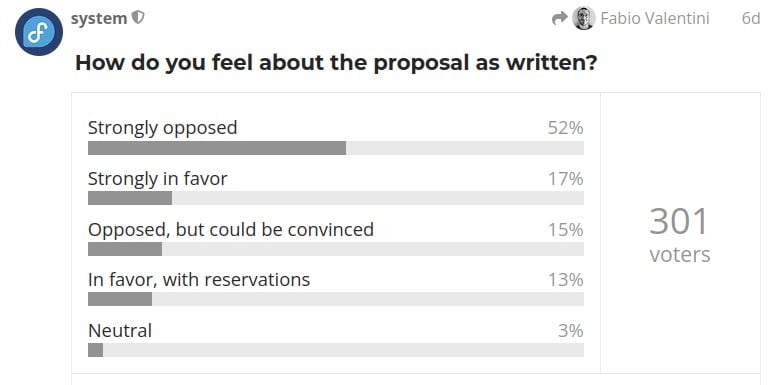Things have heated up in the Fedora community over the past week thanks to two controversial proposals. The first suggested replacing Xorg with the new XLibre project, but after a wave of pushback from Fedora developers, that idea was quickly withdrawn.
Now, another bold proposal has met a similar end. Just a week ago, Fabio Valentini, a member of the Fedora Engineering Steering Committee (FESCo), proposed dropping i686 support and 32-bit multilib compatibility starting with Fedora 44 (scheduled for release in mid-April 2026).
As you can expect, this sparked strong reactions and has stirred up much debate.
The main concerns about this change centered on its impact on Wine and Steam, both of which depend heavily on 32-bit libraries. Put simply, it would’ve caused major issues for Fedora gaming enthusiasts.

After another heated debate, Valentini released a statement saying he was withdrawing his proposal due to the strong opposition it had faced.
Given feedback in this thread (and to a lesser extent, also on the mailing list) I have decided to withdraw this proposal. It is clear that the Fedora 44 target for this Change was too early. To some degree, I expected this to be the case, and was prepared to move the proposed implementation of the Change to a later release. Fedora 44 was just the earliest “reasonable” target.
Still, it’s hard to miss the slightly bitter tone in Valentini’s comment about how some Fedora developers reacted to his proposal.
I am disappointed in some of the reactions this proposal has received, with some people apparently reading it in the most uncharitable way. It was a proposal that tried to address technical problems package maintainers and release engineering is facing, not some conspiracy to break the “gaming use case”. That said, I was expecting a lot of feedback feedback on this one, but not hundreds of people shouting “DON’T DO THIS WHY DON’T YOU CARE ABOUT YOUR USERS I WILL SWITCH DISTROS IMMEDIATELY” levels of feedback.
So, for now, anyone still relying on i686—especially gamers using Fedora—can breathe a sigh of relief: support isn’t going away just yet. Of course, it’s bound to happen at some point, but we can confidently say that it won’t be within the next year and a half to two years.
For more information, read the entire discussion here.

ubuntu and linux mint dropped 32bit support years ago and I never have had any issues or even thought about it but i guess there may be certain older games that require it that I do not use. I do have various games and even emulators for games but non of them seem to require 32 bit linux.
Fedora is a ticking bomb. Disruptive proposals like “remove X11” or “remove i686” appear way too often. 5 years ago I chose Fedora as my main work distro which I felt I could rely on for years to come. Today my choice would be different.
Agreed, this tendency to “throw the baby out with the bathwater” gets tiring. Did use Fedora on a workstation for a while, but was happy when I switched back to Debian.
Come to Debian, it’s much better. It’s a truly free and community-based distribution.
Unlike Fedora, we don’t depend on companies like RedHat, whose only concern is making more and more money…
Debian has already layed the ground work to start moving away from 32bit.
Debian 13 Trixie will not include a separate installer or kernel for 32-bit x86.
Users will still be able to run 32-bit applications in a multi-architecture unoffical setup on 64-bit systems for a while unofficially. 32-bit binaries can be executed in containers or chroot environments, allowing some not all software to continue functioning with unoffical support but even this is not guaranteed to work or even exist in the future since debian is moving away from 32bit.
“… with some people apparently reading it in the most uncharitable way”
Welcome to the Internet.